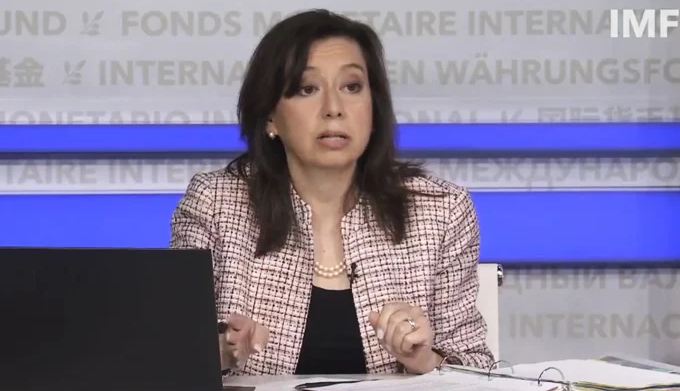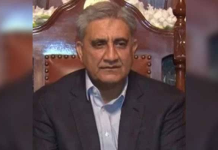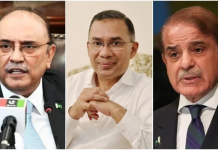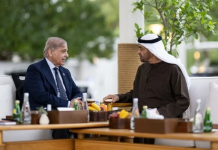ISLAMABAD, JUL 14: Steadfast policy implementation is critical for Pakistan in the period ahead, International Monetary Fund (IMF) spokesperson Julie Kozack said Thursday, after the lender approved a bailout for the cash-starved.
“This will be critical for success of the programme and, of course, ultimately, for to aid and support the people of Pakistan,” the IMF spokesperson’s said in a press conference.
Under a short-term plan, the IMF had earlier this week approved a nine-month $3 billion Stand-By Arrangement (SBA) for Pakistan to support the authorities’ economic stabilisation programme.
The government had been vying to secure an IMF loan for the last eight months, but disagreement over fiscal policies led to the expiry of an earlier porgramme. However, the lender and Pakistan agreed on the SBA, saving the nation from a sovereign default.
The IMF has demanded Pakistan strengthen its public finances, increase its tax revenues, maintain discipline over non-critical primary expenditure, and reduce the energy sector’s circular debt.
Kozack said the Fund had disbursed $1.2 billion to Pakistan — with the remaining amount to be granted after the two reviews in November and February.
“The new programme will anchor the authorities’ immediate efforts to stabilize the economy […] and to ensure that the current balance of payments need is filled,” the spokesperson said.
“With due protection for the most vulnerable and provide a framework for financing from multilateral and bilateral partners to support […] government’s policies.”
While it is relatively a relatively short program, Kozack said it provides time for Pakistan to implement policies critical to strengthening its domestic and external economic situation, thereby supporting sustainability.
She mentioned that resolving Pakistan’s structural challenges, of course, will likely require continued reforms over the medium term to underpin the needed economic transformations, strengthen inclusive growth prospects, and to create an environment conducive to renewed private capital inflows.
“And of course, we at the IMF, we always stand ready to work with Pakistan and the Pakistani government on these efforts to restore sustainability and economic stability.”
The South Asian nation has suffered from a balance-of-payments crisis as it attempts to service crippling external debt amid a fraught political environment — following the removal of the country’s former prime minister Imran Khan.
Inflation has rocketed, the rupee has reached a record low against the dollar, and the country is struggling to afford imports, causing a severe decline in industrial output.
Pakistan has brokered close to two dozen arrangements with the IMF, most of which have gone uncompleted.
In the days before the decision was approved, Pakistan received $3 billion in deposits from Saudi Arabia and the United Arab Emirates.
The central bank’s foreign exchange reserves increased by $61 million to close at $4.52 billion during the week ended July 7, official data showed on Thursday.

















